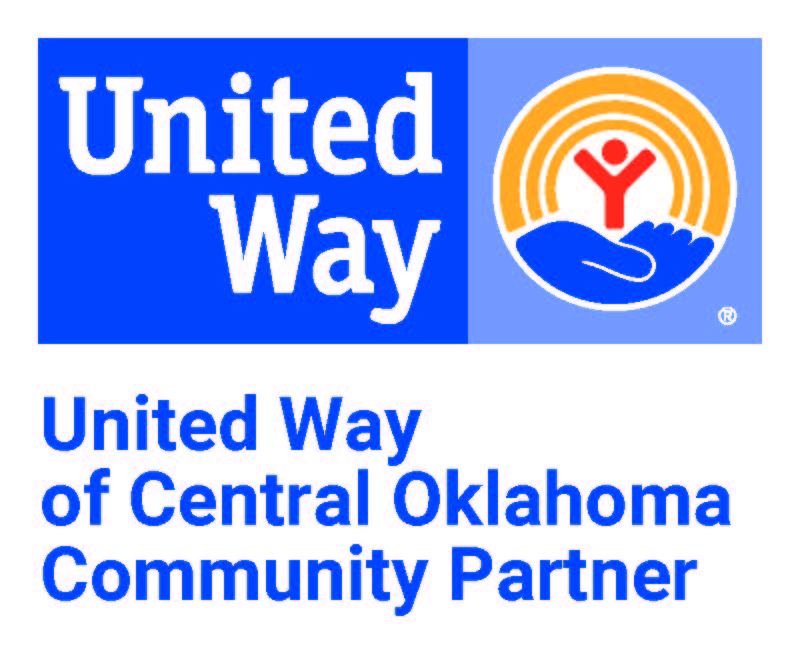A couple of weeks ago, I talked about the concept of self-differentiation and its relation to being an agent in God’s mission to heal the world. I would like to expand that thought for today’s Monday Morning Joe and tie it into a post-Easter message.
Self-differentiation has to do with our capacity to function in non-reactive ways by functioning out of our guiding values, clearly held principles or values, and our capacity to engage thoughtfully and with intent in our relationships. It is a matter of functioning not a state of being. The real test of where we are on the scale of differentiation is how we function amid a challenge.
I used the story of Jesus raising Lazarus from the dead as an example of Jesus maintaining his level of self-differentiation amid a very difficult challenge. He balanced staying connected to Mary and Martha but did not take on their anxiety. He did not look for a quick fix solution or try to ease their pain. He made space for their anxiety, their grief, and stayed emotionally connected to them, allowing himself to grieve.
Jesus’ decision to call Lazarus out of the tomb was not to ease the grief and suffering of Mary and Martha. It wasn’t to show off to the people gathered. He did it because it aligned with his values and principles. The principle that death does not have the last word. And here is where we transition into the post Easter portion of this morning’s conversation: the concept of homeostasis.
By raising Lazarus, a man who had been dead and buried for four days, Jesus disrupts the homeostasis of his communities’ system. Homeostasis as it relates to self-differentiation, is that the community seeks to maintain its customary organization and functioning over time. It is how we do things around here.
Jesus disrupts the communities’ way of being, even more-so than when he healed the sick, the paralyzed, feed the hungry, gave sight to the blind, or healed a woman on the sabbath, by raising Lazarus from the dead. And this disruption, at least from the Gospel of John’s perspective, is the final straw, and the religious and political leaders decide that Jesus needs to go.
Those in power convince a trusted follower to betray him, and arrest him at night so no one can see, and bring him up on charges of blasphemy, and lie their way to crucify him. Those in power turn the crowd that cheered him as he walked into town. Their cries of “hosanna” are now cries of “crucify.” Those in power beat him, mock him, and commit horrendous acts of torture. Those in power force him to carry his cross. Those in power nail him to that cross. Those in power crucify Jesus because they do not like the disruption of their way. They do not like that Jesus presented and lived another way. So, they do what they did to others before. They killed him.
They put him in a borrowed tomb, rolled a stone in front, placed around the clock security, and went off to celebrate their victory. All was right now in the community. Everything would return to normal. The system’s homeostasis has been restored.
That was Friday evening. Come Sunday morning, God decided not to take their no for an answer, and Jesus rose that early morning with all power and glory. If the crucifixion is the powers that be way of saying, “This is how we do things around here.” The resurrection is God’s way of saying, “This is how I do things around here.”
Being an agent in God’s mission to heal the world means you are going to disrupt the homeostasis of the community you live in. You’re going to disrupt the “way we do things around here” and people are going to emotionally react to the change you are inciting because the change you are inciting is change that heals the world. That kind of change that raises the dead.
And the hard truth that we all need to hear is that type of change is dangerous to a system that is built on the backs of those deemed low by those in power. This whole resurrection thing is dangerous. Juan Carlos Ortiz wrote, “The resurrected Jesus is a problem in our religious (and government) institutions. Because if you are having a funeral, a nice funeral, and the dead person starts to move, there goes the funeral! And, dear brothers and sisters, Jesus is moving.
Our mission is to put Christian principles into practice through programs that build healthy spirit, mind and body for all.
The YMCA of Greater Oklahoma City is a 501(C)(3) Non-Profit Organization. Donations are tax-exempt.

Click HERE to view information about our upcoming holiday hours and closures.*
*24-hour fitness center access will be available at locations where the service is offered.
All YMCA of Greater Oklahoma City locations will be closed on Thursday, Nov. 28 in observance of Thanksgiving.*
Work out with us anytime, anywhere with YMCA360.
*24-hour fitness center access will be available at locations where the service is offered.
All YMCA of Greater Oklahoma City locations will be closed on Monday, September 2 in observance of Labor Day. 24/7 access will remain available at locations where the service is offered. Work out with us anytime with YMCA360.